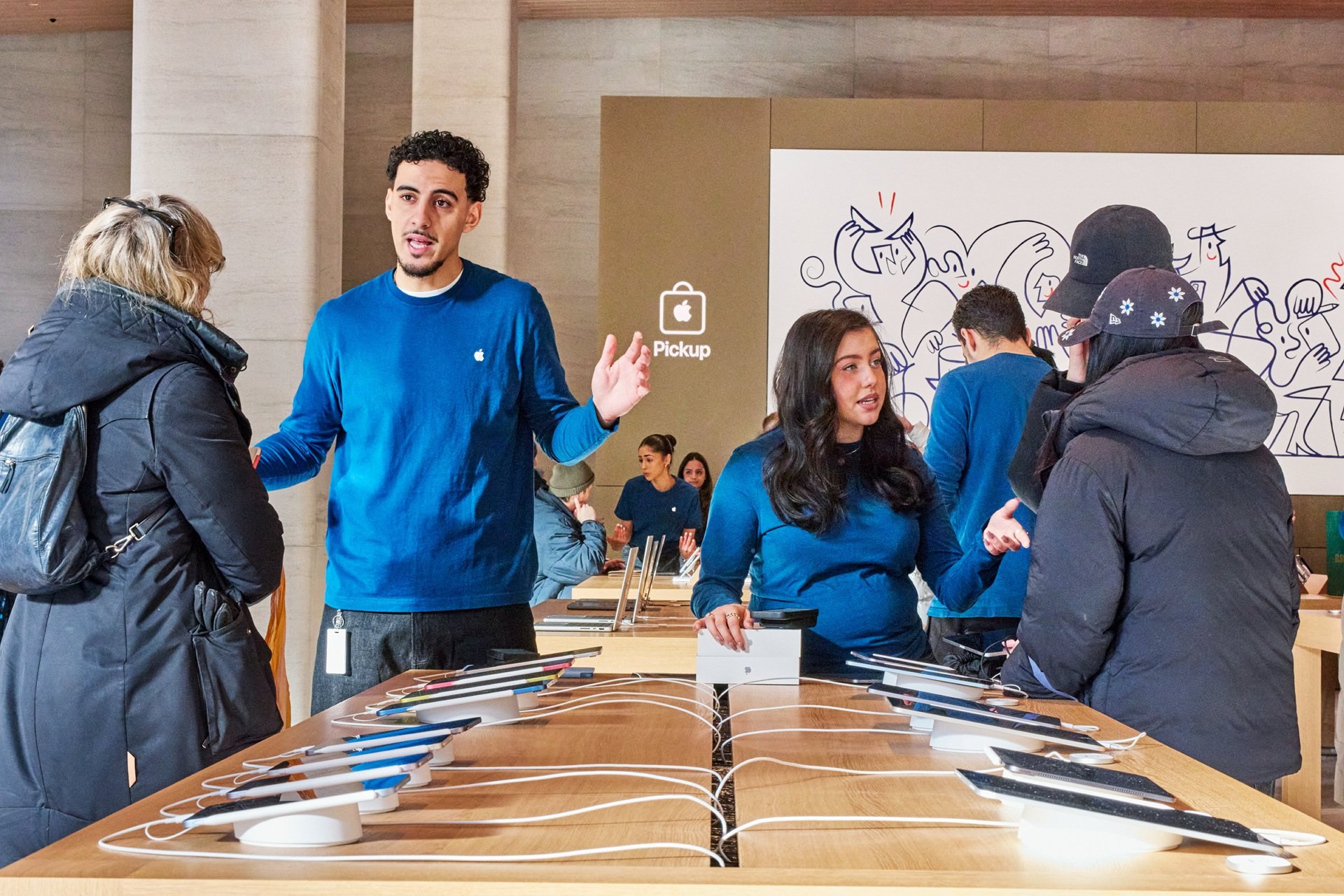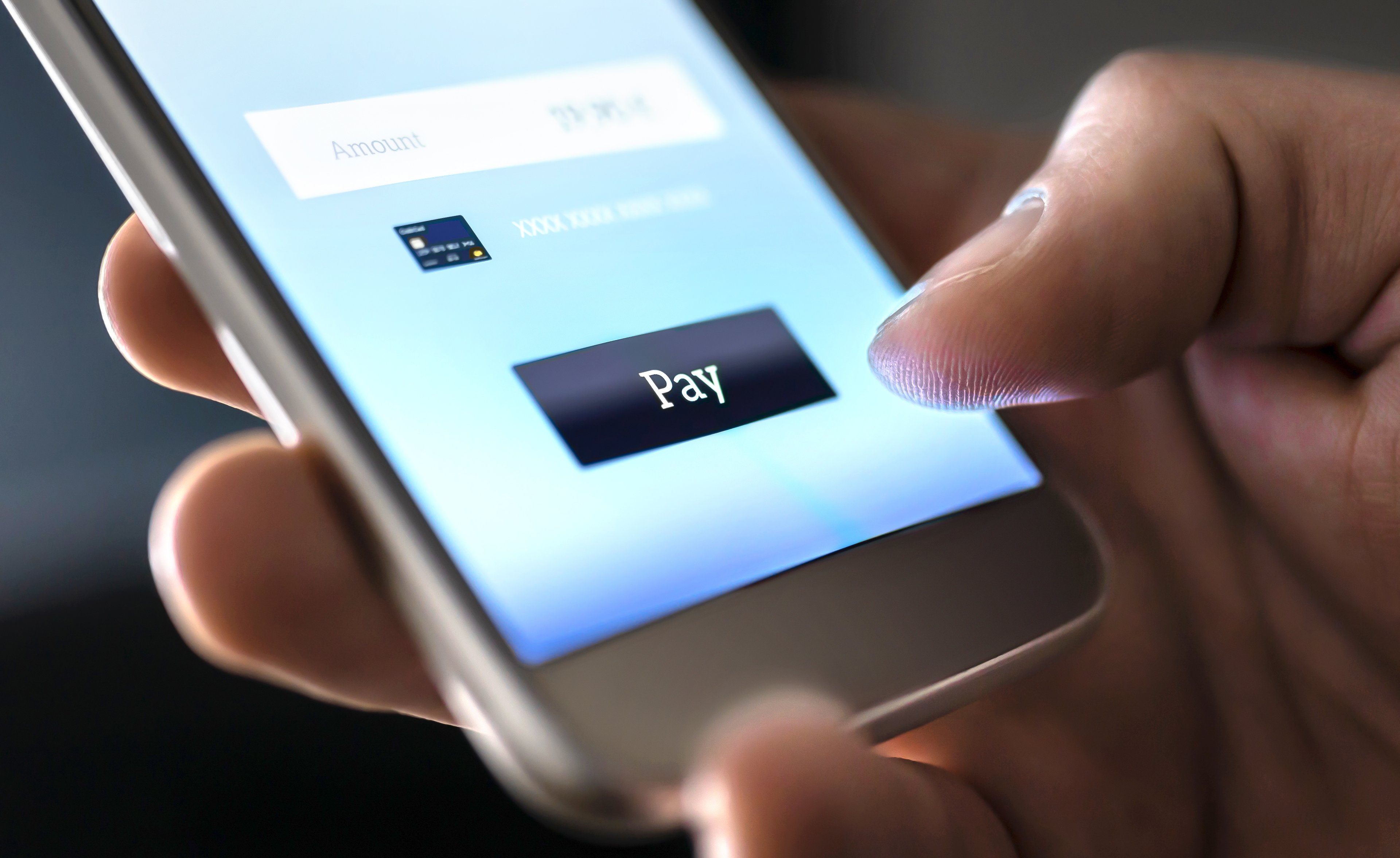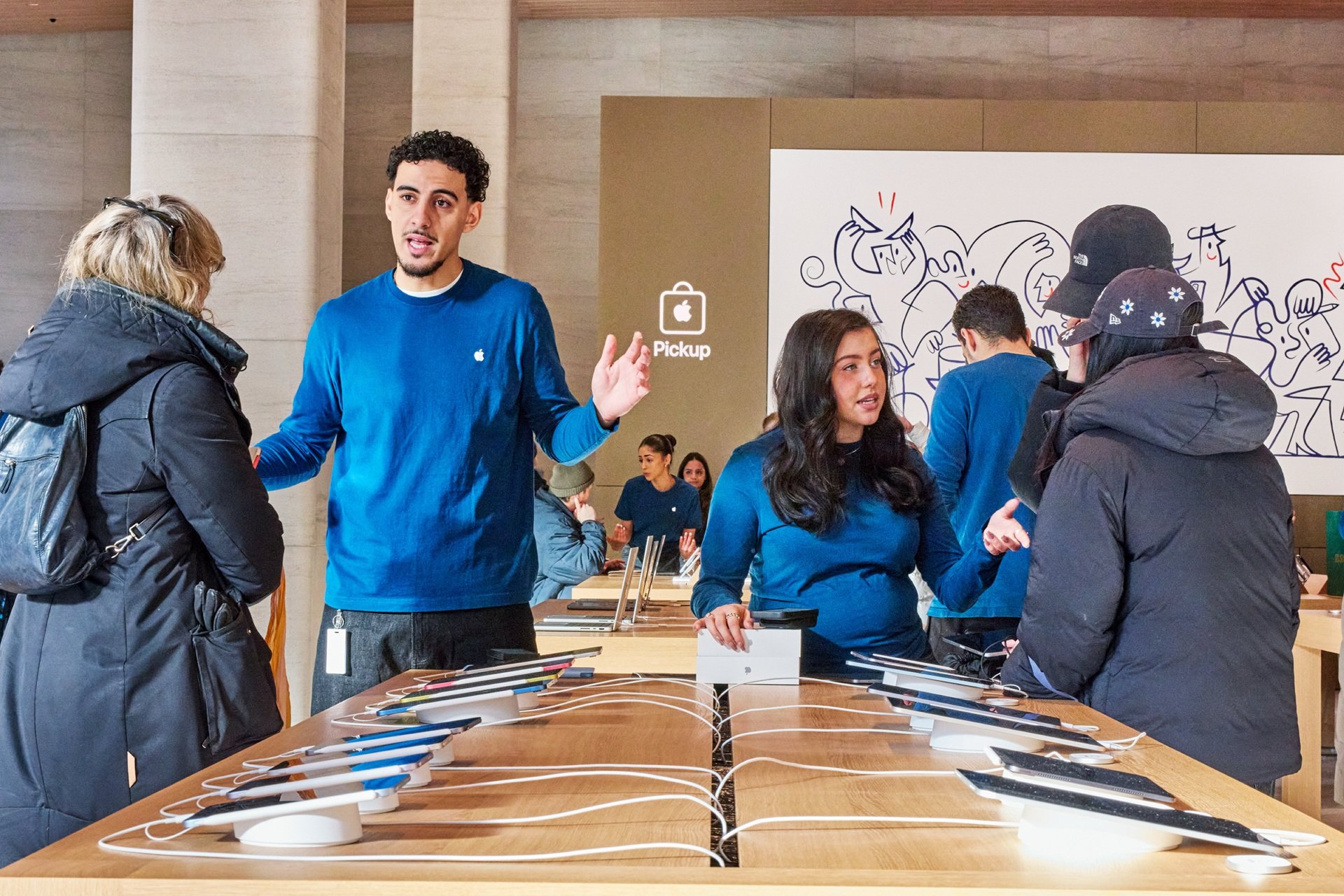Apple (AAPL 0.41%) services exec Eddie Cue says the iPhone-maker's streaming music service now has more than 60 million subscribers. Cue told French publication Numerama about the milestone during an interview at the Apple Store on the Champs-Élysées in Paris. That number has since been confirmed by several news outlets.
As impressive an accomplishment as that is, though, Apple still trails its biggest rival Spotify (SPOT 7.63%), which counts 100 million premium subscribers around the world. Importantly, it took more than a year for Apple to go from 50 million subscribers to 60 million, while Spotify increased its premium subscriber count by 25 million over the four-quarter period that ended in March.
Also worth noting, the 60 million subscriber figure includes free trial members. That's comparable to how Spotify reports the metric. Apple surpassed 50 million paid subscribers at the end of 2018.
Apple is increasing its focus on subscription services this year. But the growth rate for Apple Music is slowing, while Spotify still has a massive pipeline of free users it could convert into paying customers. Can Apple catch up?

Image source: Apple
Bigger than Spotify...on Apple devices
Apple is still well behind Spotify globally, but there are a couple areas of the market where it's ahead. Cue disclosed that Apple Music is the No. 1 streaming service in the Apple ecosystem. So, if you own an iPhone, it's more likely that you subscribe to Apple Music than Spotify.
That's in line with the second market where Apple is ahead: the United States. The iPhone is much more popular domestically than it is in the rest of the world. It has a more than 50% share of the U.S. market, but less than a 25% share globally.
Apple's subscriber numbers in the U.S. surpassed Spotify's in February.
It makes sense that Apple Music is popular on its own devices. It's able to provide deeper integration with Siri and the rest of the operating system, which creates a better user experience. The company doesn't have that same advantage on Android or other mobile operating systems.
Apple is still growing its installed user base. It says it has over 900 million iPhone users, and 1.4 billion total devices in use. That's up from 1.3 billion at the start of 2018, and it's a massive market for Apple to sell into -- but it's still small compared to Android's user base.
A shift in listening
One of the big advantages for Apple Music is that many people now associate music listening with their smartphones, especially the iPhone. The smartphone is often considered the primary listening device, which means a service that plays nicely with the smartphone will gain adoption.
But the launch of Apple Music in 2015 coincided with the broad release of Amazon's (AMZN 2.23%) Echo smart speaker. Since then, smart speakers have grown in popularity, and become one of the most popular ways for people to listen to music. As a result, the smartphone user experience of music streaming services has become less important.
Moreover, Apple has had difficulties because users want to be able to play all their music on all their smart devices. Spotify's device agnosticism benefited the company as smart speakers grew in popularity. Apple, meanwhile, didn't support Echo devices until this year. Meanwhile, Amazon moved to integrate its music service more closely with its smart speakers in order to compete.
The path forward
Apple Music has a significant hurdle to overcome before it can hope to overtake Spotify globally. Right now, it mostly appeals to Apple hardware owners. Despite partnerships with wireless carriers and other service providers to promote it on Android devices too, that perception of the service as being primarily part of the Apple ecosystem persists among consumers.
But as Apple looks to transform itself into more of a subscription services company with several new high profile launches coming this year, it might be able to shift that perception. It might be able to bundle subscriptions, and encourage customers who join its forthcoming video service to subscribe to Apple Music as well. If Apple can convince non-iOS users to give its services a try, it stands a good chance of overtaking Spotify. That won't be easy though.








